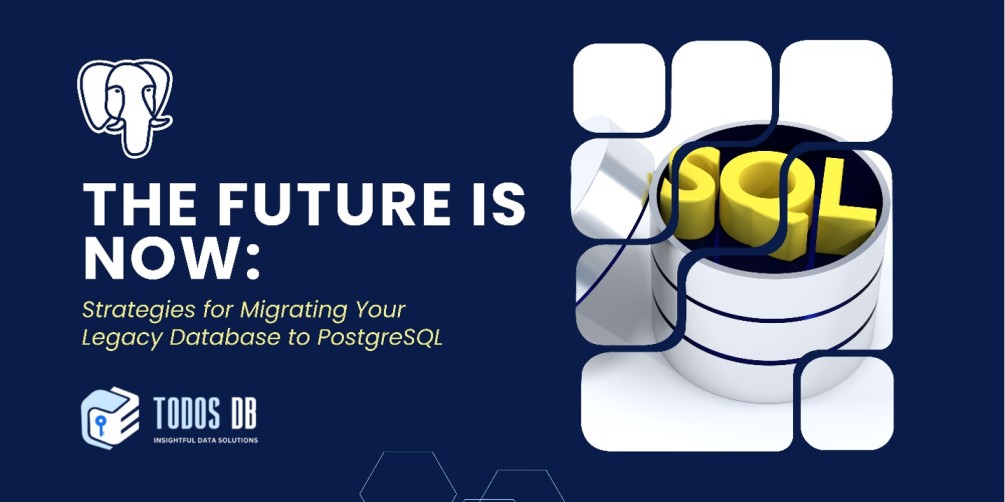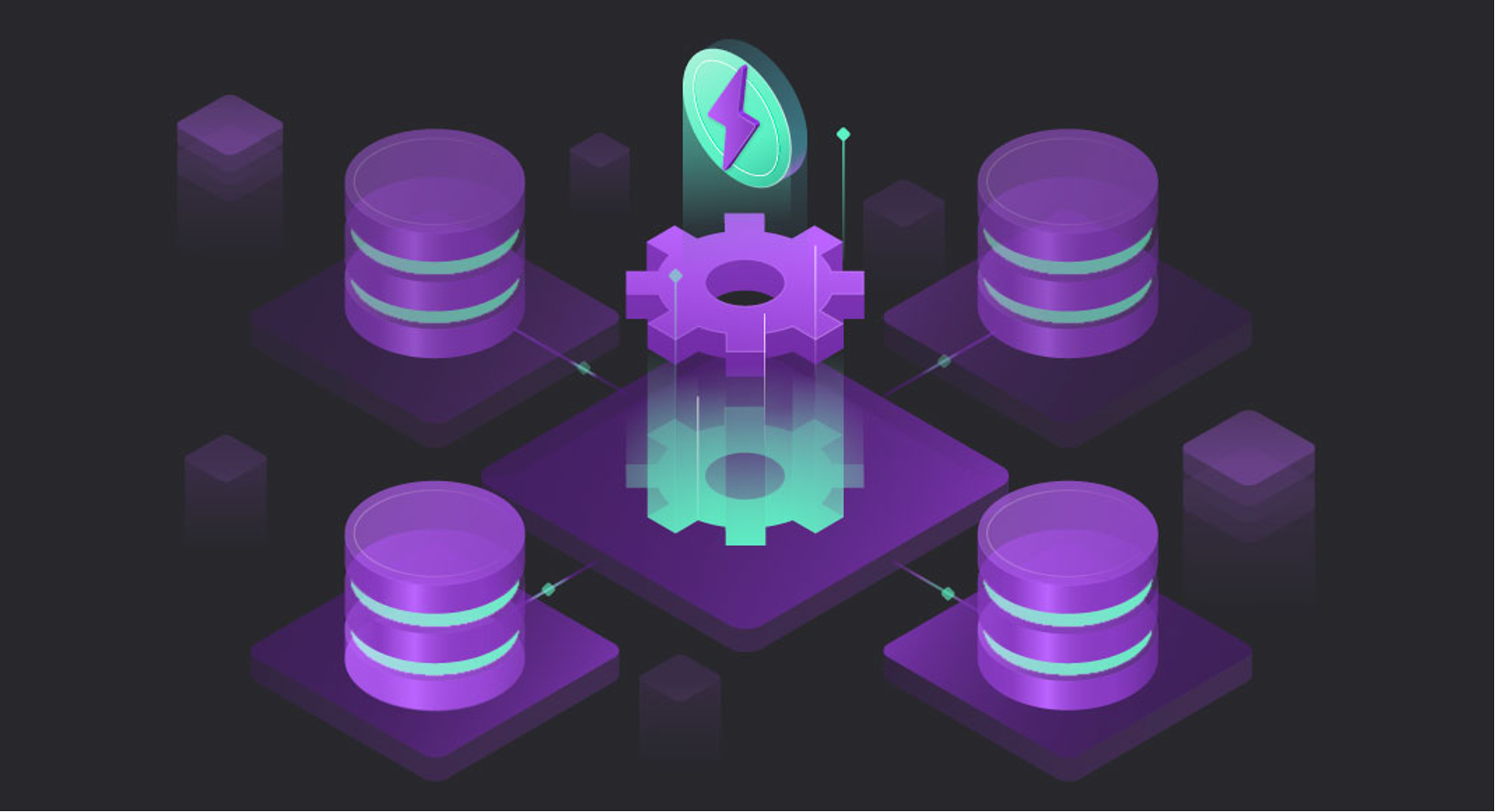PostgreSQL is a powerful, open-source relational database system known for its robustness and advanced features. However, as with any database system, over time, PostgreSQL can suffer from table bloat—an issue that can lead to degraded performance and increased storage costs. Table bloat occurs due to the accumulation of dead tuples that are left behind after DELETE, UPDATE, and VACUUM operations. To combat this, PostgreSQL offers the VACUUM command, but in many scenarios, it’s not sufficient to reclaim all the wasted space. This is where pg_repack comes in.
Category: Uncategorized
A Comprehensive Evaluation of MySQL Deployment Options on AWS: RDS vs. Aurora
This article delves into the intricacies of deploying MySQL databases on Amazon Web Services (AWS), specifically evaluating the two primary managed service offerings: Amazon Relational Database Service (RDS) for MySQL and Amazon Aurora MySQL. By dissecting their architectural underpinnings, performance characteristics, and suitability for various use cases, this analysis empowers database administrators and application developers to make informed decisions when selecting the optimal solution for their MySQL deployments on AWS.
The Future is Now: Strategies for Migrating Your Legacy Database to PostgreSQL
The world of data is constantly evolving. Legacy database systems, once the reliable workhorses of your organization, might be struggling to keep pace with the demands of modern applications and data growth. These older systems can be slow, expensive to maintain, and lack the flexibility needed for today’s agile development environment. Struggling with limited scalability, they can become bottlenecks that hinder application performance and growth. Queries take longer to run, reports become tedious to generate, and managing ever-increasing data volumes becomes a constant battle.
Mastering PostgreSQL: Unveiling the Architecture and Best Practices for Effective Troubleshooting
PostgreSQL has emerged as one of the most powerful and feature-rich open-source relational database management systems (RDBMS) available today. With its robust architecture and extensive […]
A Comparative Analysis between MySQL and PostgreSQL
In the intricate domain of database management systems (DBMS), the choice between MySQL and PostgreSQL often presents a conundrum for database architects and engineers. This […]


